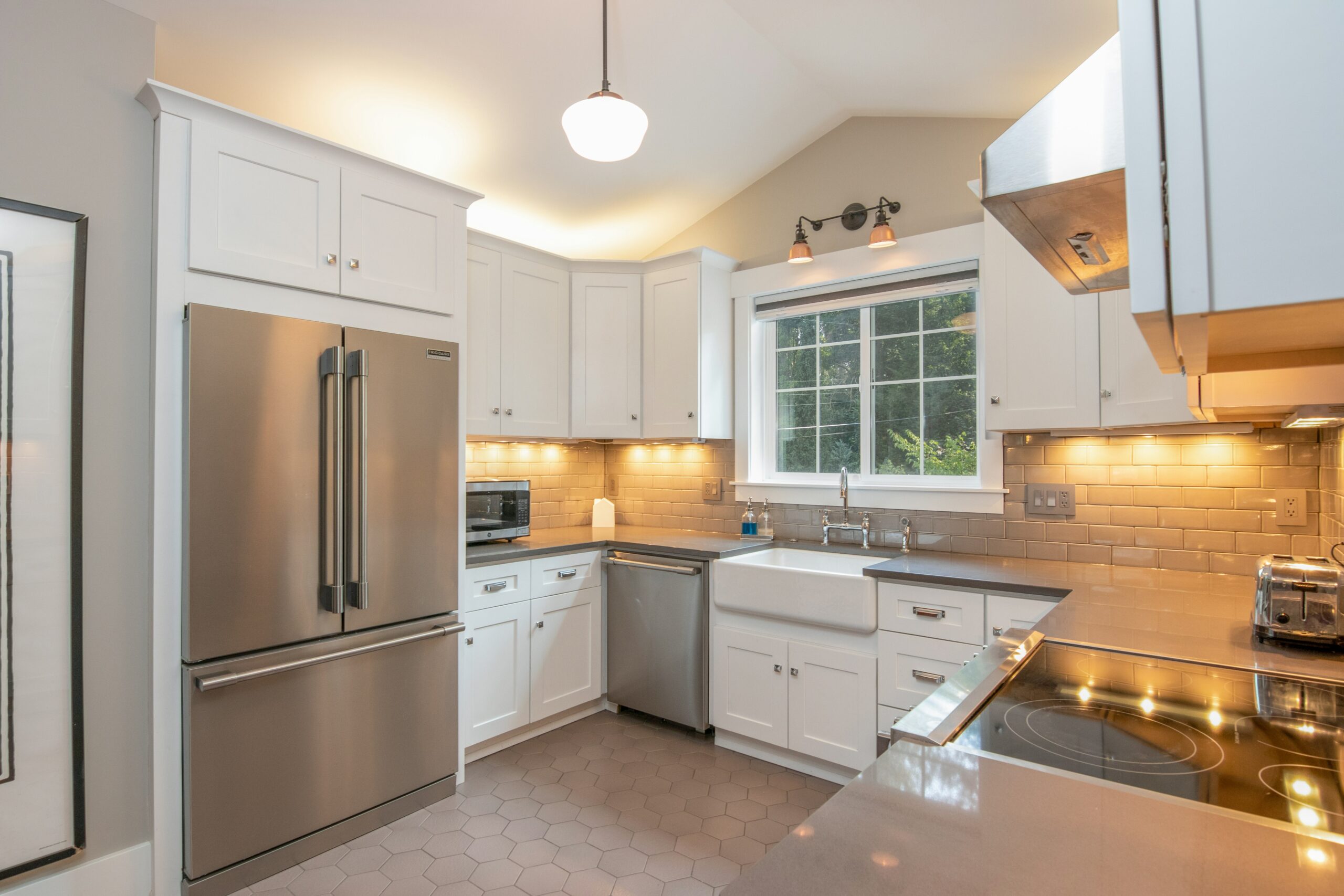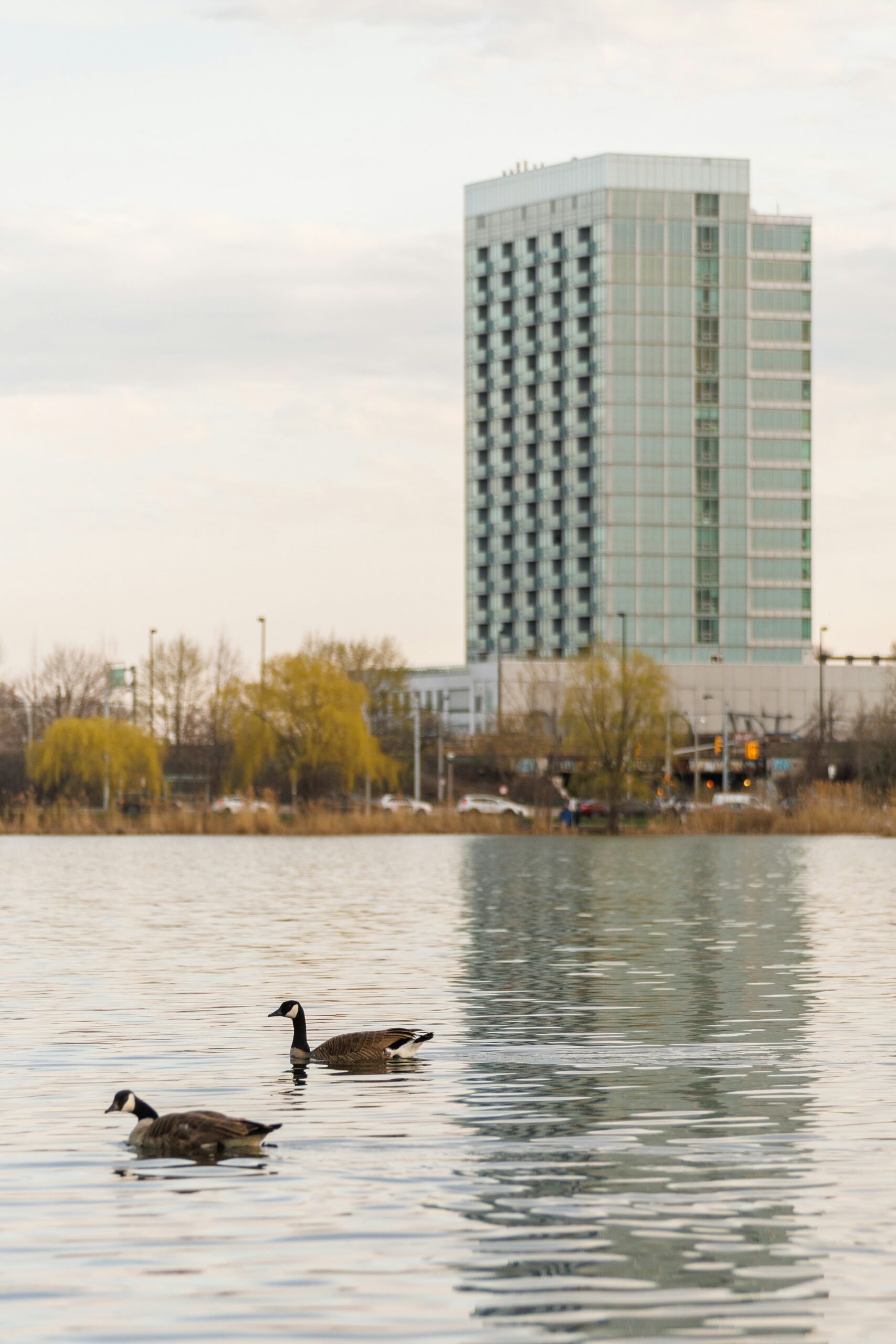Do you find yourself pondering whether it’s better to buy a property in the UK or continue renting? It’s a common dilemma, and definitely worth exploring thoroughly. The decision isn’t always straightforward as it depends on a variety of factors including finances, lifestyle, future plans, and even personal preferences. This comprehensive guide will help you weigh your options and decide what’s best for you.
Understanding the Housing Market in the UK
Before jumping into property ownership or deciding to rent, it’s crucial to understand the current state of the UK housing market. The UK has experienced significant fluctuations over the years, and prices can vary greatly depending on the location.
Historical Trends
In the past few decades, house prices in the UK have generally been on an upward trajectory. However, there have been periods of stagnation or decline, influenced by economic factors such as the financial crisis of 2008.
Current Market
As of now, the market remains competitive, with high demand pushing prices upward in many areas. However, with COVID-19 and Brexit, there has been some unpredictability.
Financial Considerations
Financial factors often play the most significant role in the decision to buy or rent a property. Let’s break down the costs involved in both scenarios.
Cost of Buying a Property
Owning a home involves several upfront and ongoing costs. Here’s a brief look at them:
| Costs | Description |
|---|---|
| Deposit | Typically 5-20% of the property’s value. |
| Mortgage Payments | Monthly payments with interest over 15-30 years. |
| Stamp Duty | A tax paid on property purchases over a certain value. |
| Legal Fees | Costs for solicitors and conveyancers. |
| Survey Fees | Costs for property inspection. |
| Maintenance/Repairs | Ongoing costs to keep the property in good condition. |
| Council Tax | Local government tax based on property value. |
Cost of Renting
Renting, on the other hand, seems less financially burdensome upfront but has its ongoing costs:
| Costs | Description |
|---|---|
| Rent Payments | Monthly payments to the landlord. |
| Security Deposit | Typically 1-2 months’ rent, returned if the property is undamaged. |
| Agency Fees | Fees for rental agencies, though these are capped and regulated. |
| Utilities | Costs for gas, electricity, water, and internet. |
| Council Tax | Local tax, same as for homeowners. |

Pros and Cons of Buying vs. Renting
To make an informed decision, it’s essential to understand the advantages and disadvantages of both buying and renting.
Advantages of Buying a Property
- Investment Opportunity: Property usually appreciates over time, providing a return on investment.
- Stability: No landlord can ask you to move out unexpectedly.
- Personal Freedom: You can renovate and decorate as you like.
Disadvantages of Buying a Property
- Large Upfront Costs: The initial costs can be a significant financial burden.
- Commitment: Selling a house can take time, making it less flexible if you need to move.
- Maintenance Responsibility: All repair and maintenance costs are on you.
Advantages of Renting
- Flexibility: Easier to move for jobs or lifestyle changes.
- Lower Initial Costs: Fewer upfront expenses compared to buying.
- No Maintenance Worries: The landlord is typically responsible for repairs.
Disadvantages of Renting
- No Return on Investment: Monthly rent payments do not build equity.
- Temporary: Less stability with the potential for rent increases or eviction.
- Limited Control: Restrictions on how you can decorate or renovate.
Factors to Consider Based on Personal Circumstances
Your unique situation greatly influences the decision to buy or rent. Let’s dive into the most important factors to consider.
Financial Stability
Assess your financial stability before making a decision. A steady income and good credit score are necessary for obtaining a mortgage. On the other hand, renting may be preferable if your financial situation is uncertain or if you have other investment opportunities to consider.
Long-Term Plans
Think about your future plans. If you plan to stay in one place for a long time, buying a property could make financial sense. If your plans are uncertain, renting offers flexibility.
Career and Job Security
Your job may require you to relocate often. In such cases, renting provides the flexibility needed. However, if you have job security and plans to settle down, buying could be a better choice.
Lifestyle Preferences
Consider your lifestyle. Do you like customizing your living space? Are you okay with ongoing maintenance tasks? Reflecting on your lifestyle can help guide your decision.
Market Conditions
Lastly, evaluating market conditions is vital. Sometimes, the market may favor buyers with low-interest rates and good property values. Other times, it may be overpriced, making renting a more practical choice.

Case Studies: Real-Life Scenarios
Sometimes, looking at real-life scenarios can provide valuable insights. Here are a couple of examples to illustrate different situations:
Case Study 1: Young Professional in London
Anna is a 28-year-old marketing executive living in London. She earns a good salary but doesn’t have enough savings for a substantial deposit. Additionally, her job might require her to relocate to another city within the next few years. Given her situation, renting allows her to live in a desirable area without the financial burden of a mortgage or the commitment of buying a property.
Case Study 2: Family Settling in Manchester
John and Sarah are in their late 30s with two young children. John has a stable job in Manchester, and the family doesn’t plan on moving anytime soon. They’ve saved up for a deposit and are considering buying a three-bedroom house. For them, buying makes sense because it offers stability and enables them to build equity over time.
Tax Implications
Understanding tax implications is crucial in this decision. Let’s explore how taxes affect both buying and renting in the UK.
Tax Implications of Buying
- Stamp Duty: A significant factor as it’s a one-time tax that’s charged on the purchase of properties above a certain value.
- Council Tax: Paid monthly or annually based on property value.
- Capital Gains Tax: Applicable if you sell the property for a profit, though your primary residence is usually exempt.
Tax Implications of Renting
- Council Tax: Same as homeowners, usually included in the rental agreement.
- Income Tax: If you also own a rental property and earn rental income, you’ll need to pay income tax on that rental income.

The Role of Interest Rates
Interest rates significantly impact the cost of buying a property. Here’s how:
Variable vs. Fixed Rate Mortgages
- Variable Rate: The interest rate can change, making your mortgage payments unpredictable.
- Fixed Rate: The interest rate remains the same for the term, providing stability in monthly payments.
Market Conditions
Low-interest rates make mortgages cheaper, potentially making buying more attractive. Conversely, high rates can make buying more expensive and renting a more feasible option.
Renting as a Long-Term Strategy
While buying a property is often seen as a long-term investment, renting can also be a viable long-term strategy. Here’s why:
Flexibility and Freedom
Renting allows you to move freely without the burden of selling a property, an essential factor for those uncertain about their future.
Lower Maintenance Costs
Long-term renters avoid the maintenance and repair costs that come with property ownership. This can lead to significant savings over time.
Investment Opportunities
By renting, you might have additional capital to invest elsewhere, potentially providing a higher return than real estate would.
Impact on Lifestyle and Personal Choices
Your housing choice will inevitably impact your lifestyle and personal choices. Let’s look at how both options can affect your daily life.
Owning a Home
- Customizability: Freedom to make the house your own with renovations and decorations.
- Stability: A sense of permanence can be comforting.
- Community Engagement: Often results in stronger ties to the local community.
Renting a Home
- Flexibility: Easier to relocate for job opportunities or personal preferences.
- Minimal Responsibility: Landlords handle most repairs and maintenance.
- Diverse Locations: Access to living in prime locations that might be unaffordable to buy in.
Government Schemes and Support
The UK government offers several schemes to assist first-time buyers. Knowing these can help you make a more informed decision.
Help to Buy
A government-backed scheme that helps new buyers with loans of up to 20% (40% in London) of the property value.
Allows you to buy a share of your home (between 25%-75%) and pay rent on the remaining share.
Right to Buy
Enables council tenants to buy their homes at a discount.
Conclusion: Deciding What’s Best for You
Is buying a property in the UK worth it, or is renting better? There’s no one-size-fits-all answer. Your financial situation, lifestyle, future plans, and personal preferences will heavily influence your decision. Take your time to evaluate all factors and perhaps consult with a financial advisor for a tailored recommendation. Whether you choose to buy or rent, knowing you made an informed choice will bring you peace of mind.

